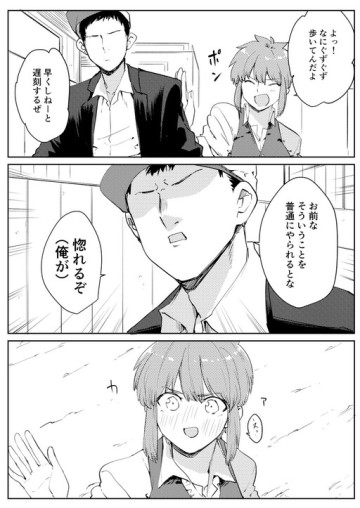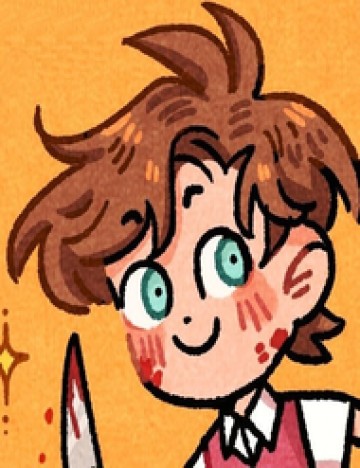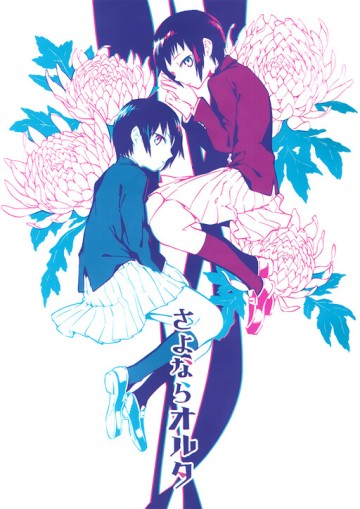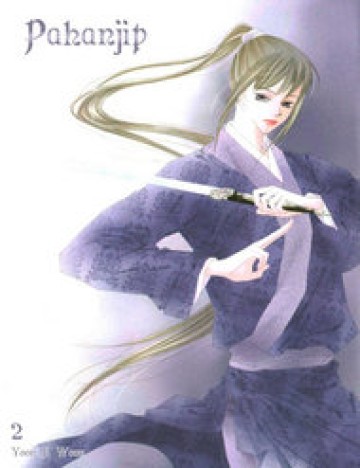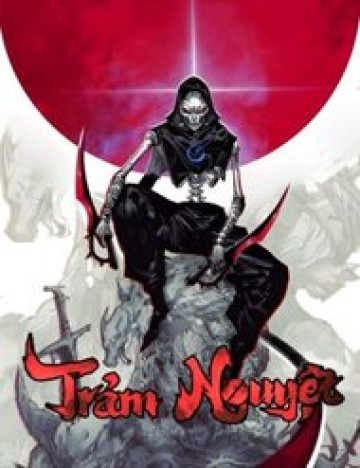Why Gambling Is Illegal In Japan
The Criminal Code marks as illegal most ways of gambling except betting on horse racing, playing the lottery or a local game named Pachinko and certain Motorsports. Poker and online poker are banned in Japan. As in China, a possible legalization of online gambling would be a big step for Japan inhabitants, but today we ‘sadly’ must say that. As it now, gambling was outlawed in feudal Japan so the gamblers had to set up gambling houses in abandoned temple or shrines at the outskirts of villages and towns. Mostly made up of people of lower social standing and misfits of society, the Yakuza’s name means “8-9-3.” This is a losing hand in Oicho-Kabu, a type of blackjack. Illegal gambling Yakuza are known to operate illegal casinos in Japan. In addition to traditional casino games, Mahjong can be played for money and many mahjong parlors have ties with the Yakuza to assist collecting debt from players who default.
Gambling in Japan has been strictly banned and regulated since Chapter 23 of the Criminal Code, also known as Law No.45 of the Japan Penal Code, explicitly prohibited organised wagering or private sales of lottery tickets – with hefty fines in Yen and punishment of imprisonment as the deterrent. Before they can do that, Japan will have to lift its ban on gambling, which is currently illegal in most forms. For legal purposes, pachinko machines are technically considered “gaming.”.
It’s the story of mayhem, suspense and on the seat excitement. Or maybe not. The Japanese organized mobsters, known as Yakuza, are the stuff of legend nowadays. Popularized in literature, manga, anime as well as Hollywood, the Yakuza have always had a very real place in Japanese society. Scorned by politicians and feared by the masses, average Japanese would rather not acknowledge their existence. If you wander off to any nightclub, strip club, bar or pachinko parlor, the Yakuza won’t be far.
• The Yakuza is the organized crime group in Japan• The Yakuza is behind pachinko parlors• It is the World’s largest organized crime syndicate.• Anti-Yakuza legislation is being put in the Casino bill
It has been claimed that there are over 1,000 illegal casinos in Tokyo. Those not only include pachinko, but mah-jong parlors as well. It would be more accurate to call these casinos gambling houses since they are far smaller and more obscure than the larger casinos in Macau. Baccarat is also popular among the Japanese. A small illegal gambling establishment can easily make $15-$20 million in a year.Pachinko alone has been estimated to be a $181 million dollar industry. Much money is also made through betting on sporting events and fights. This revenue is definitely goes through Yakuza hands and isn’t in accordance to Japanese gambling laws. Even the off-shore gambling houses that catered to Japanese involve Yakuza. Their influence has even wondered into the realm of the adult film industry.
Yakuza Origins
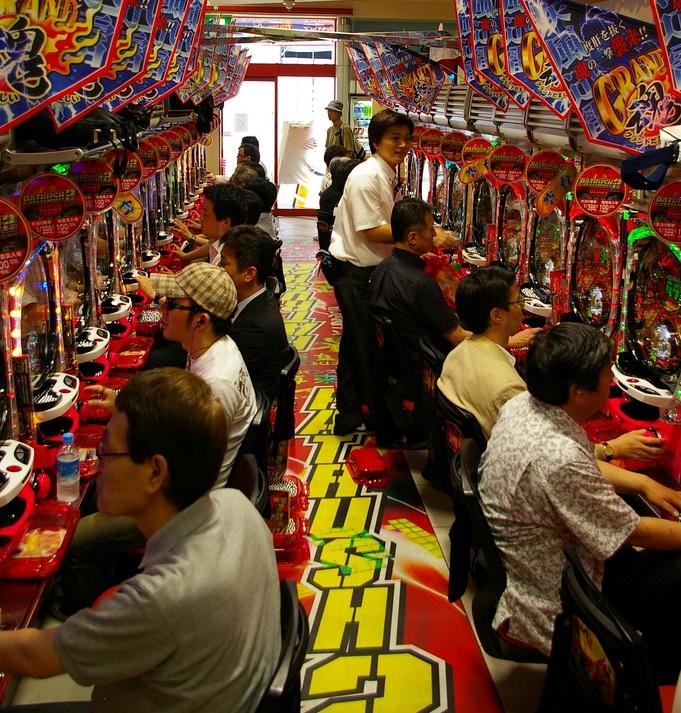
The history of the Yakuza goes way back to the Edo period (1603-1868) in feudal Japan. Japanese society was divided different groups or classes such as the warrior class (samaurai) and the farmer class. Two classes that aren’t mentioned as much are the tekiya class (thieves) and the bakuto (gamblers). The Yakuza grew out of those two classes. As it now, gambling was outlawed in feudal Japan so the gamblers had to set up gambling houses in abandoned temple or shrines at the outskirts of villages and towns.
Mostly made up of people of lower social standing and misfits of society, the Yakuza’s name means “8-9-3.” This is a losing hand in Oicho-Kabu, a type of blackjack. Besides gambling, Yakuza also took part in loan sharking, forcing local customers in local markets to purchase their fake goods. Modern day structure of the Yakuza didn’t come into development until the early 20th century. During World War II, the Yakuza completely had to disband in order to help with the war effort. After the war ended they continued their activites.
Having a complex hierarchy, the Yakuza have more or less a classical organized crime system as seen in other groups of organized crime such as the Italian Mafia. Many Yakuza can be identified by their full-body tattoos. Known as irezumi, these tattoos can be seen most while members traditionally take off their shirts to play oicho-kabu with each other. Normally they wear long sleeved shirts to conceal their tattoos in public. Today families are dominant among the 103,000 active members. The Yamaguchi-gumi is the largest family which accounts for half all members. Created in 1915, the family comes from Kobe. Sumiyoshi-kai is considered a more laid back family with shared leadership.
Making New Casinos Yakuza Free
It has been estimated that if Japan were to have legalized casino gambling, it could be the second largest world. MGM Resorts International, Las Vegas Sands Corp, Melco Crown Entertainment as well as Wynn Resorts Ltd are operators interested in establishing casinos in Japan. In the months ahead the casino bill has a good chance on passing. This would set Japan on pace to have the first casinos erected by the beginning of the Tokyo Olympic games in 2020.
Why Is Gambling Illegal In Japan Now
The Japanese diet has been pushing a plan to legalize casino gambling in Japan. Although pachinko is profitable and illegal, a legalized market would definitely make all areas of gambling and mobile betting in Japan more lucrative. Though in support of the plan, some members Shinzo Abe’s democratic coalition party are concerned with how society will be negatively affected by casino gambling. Addiction and possible more forms of crime could emerge as a result of this bill passing.
Although the new legislature in the Japanese Casino bill includes new standards for licensing and regulating casino operators and partners, there is still concern about the involvement of the Yakuza. The current draft of the policy plan states “the hurdles to enter the business should be set high. It should not be easy for anyone to get a license and participate in the industry.”


